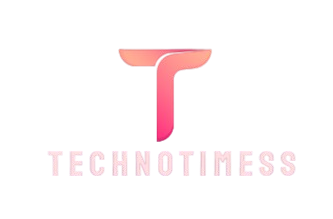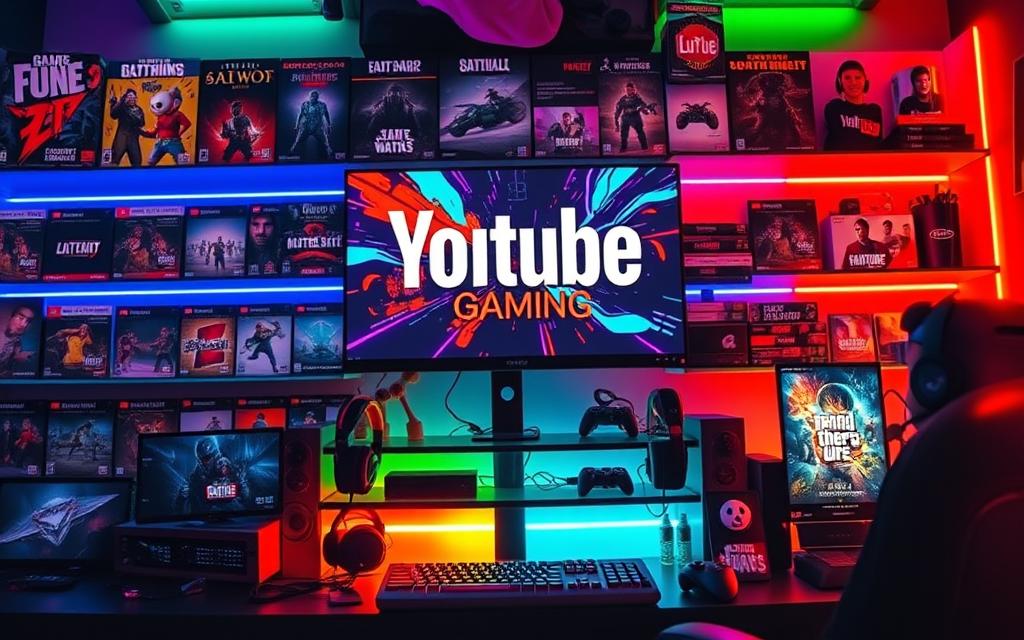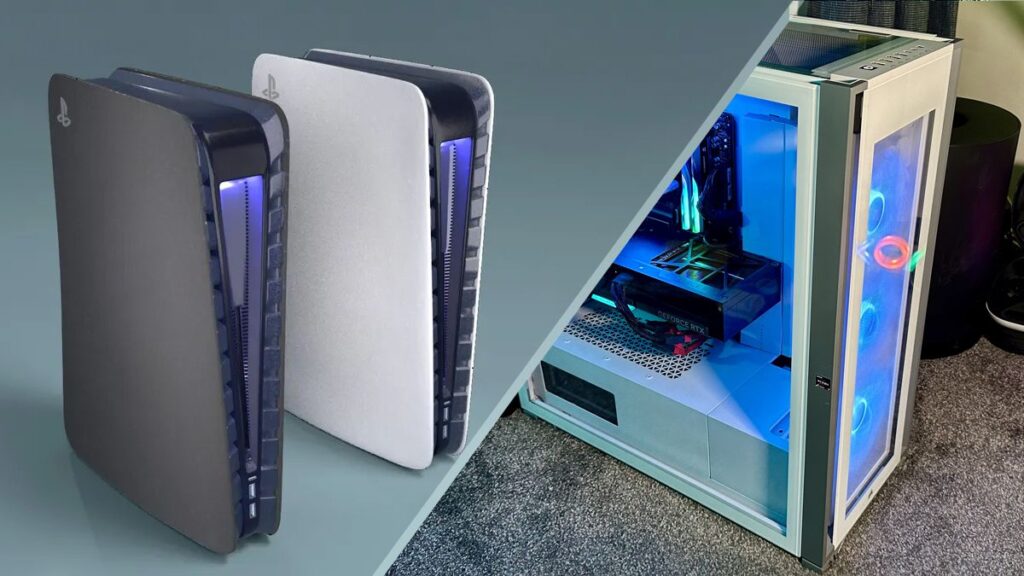In the ever-evolving world of technology and gaming, a potential acquisition of Steam by Microsoft could send significant ripples across the PC gaming landscape. As speculative discussions rise, it’s important to consider the possible implications of such a monumental move, not just for the companies involved but for developers, gamers, and the industry as a whole.
A New Giant in the Market
Steam, owned by Valve Corporation, has long been a titan in the PC gaming world, boasting a vast library of games and a massive user base. Microsoft, a dominant force in the software and gaming industry with its Xbox platform and Windows operating system, acquiring Steam would mean a consolidation of power that could reshape market dynamics. The combination could create a behemoth in digital distribution, potentially affecting competition and control over game publishing and distribution.
Impact on Game Developers
For game developers, especially indies, Steam has been a platform of choice due to its relatively open publishing policies and vast market reach. If Microsoft were to acquire Steam, the concern arises whether Microsoft’s policies would remain as accommodating to small developers. There’s potential for more stringent controls and fees, which could stifle the creative freedom and financial viability for smaller game studios. However, a positive outcome could be the integration of Microsoft’s considerable resources. Such as enhanced development tools and broader distribution opportunities, potentially leading to better exposure and higher-quality game development.
Implications for Gamers
Gamers could see significant changes in their user experience and game availability. A Microsoft acquisition could lead to deeper integration between Steam and the Windows operating system. Potentially improving performance and user interface but also possibly prioritizing Microsoft’s products and services. Moreover, concerns about digital rights management (DRM) and game ownership could be at the forefront of discussions. As Microsoft might tighten licensing controls to curb piracy more aggressively, affecting how users access their games.
Cross-Platform Possibilities
One of the more positive outcomes of such an acquisition could be enhanced cross-platform play. Microsoft has already shown interest in bridging the gap between PC and console gaming with its Xbox Play Anywhere initiative. Owning Steam could further diminish the barriers between platforms, allowing for more seamless play across PC, Xbox, and perhaps even other consoles. Enhancing the gaming experience and accessibility.
Market Competition and Innovation
A significant concern with Microsoft acquiring Steam would be the potential for reduced competition in the digital distribution space. With fewer competitors, there might be less incentive for innovation and improvement, possibly leading to higher prices and less consumer choice. However, this could also spur other companies to innovate more rapidly, potentially leading to new and improved gaming platforms.
Regulatory Scrutiny and Legal Implications
Such an acquisition would likely attract considerable attention from regulatory bodies concerned with antitrust laws and maintaining fair competition. The outcome of such scrutiny could set precedents for how future tech and gaming mergers are perceived and handled, possibly affecting global market strategies.
Conclusion
The hypothetical acquisition of Steam by Microsoft could fundamentally alter the landscape of PC gaming. It holds the potential for both beneficial synergies and challenging monopolistic risks. As the gaming community watches closely. The unfolding scenario could provide new opportunities and challenges that could redefine the future of PC gaming for years to come.









